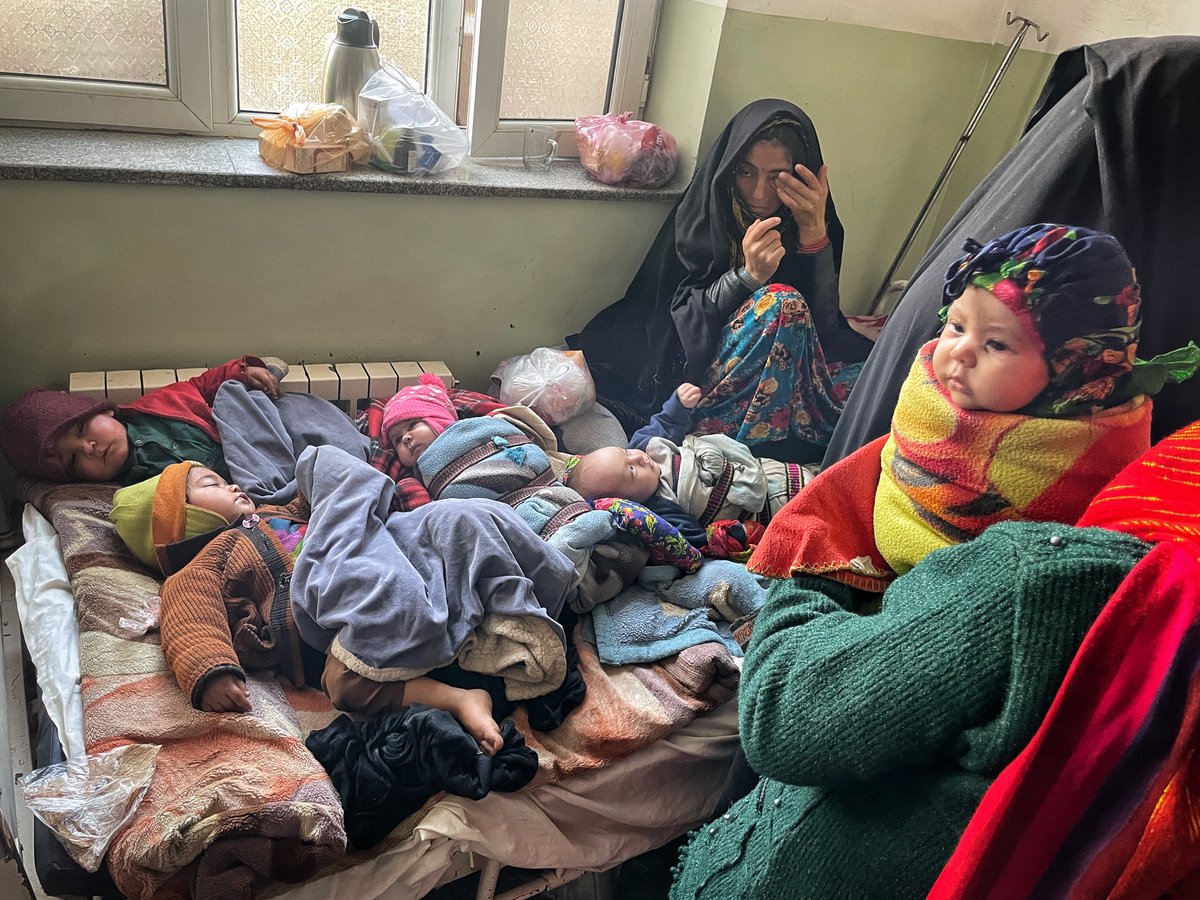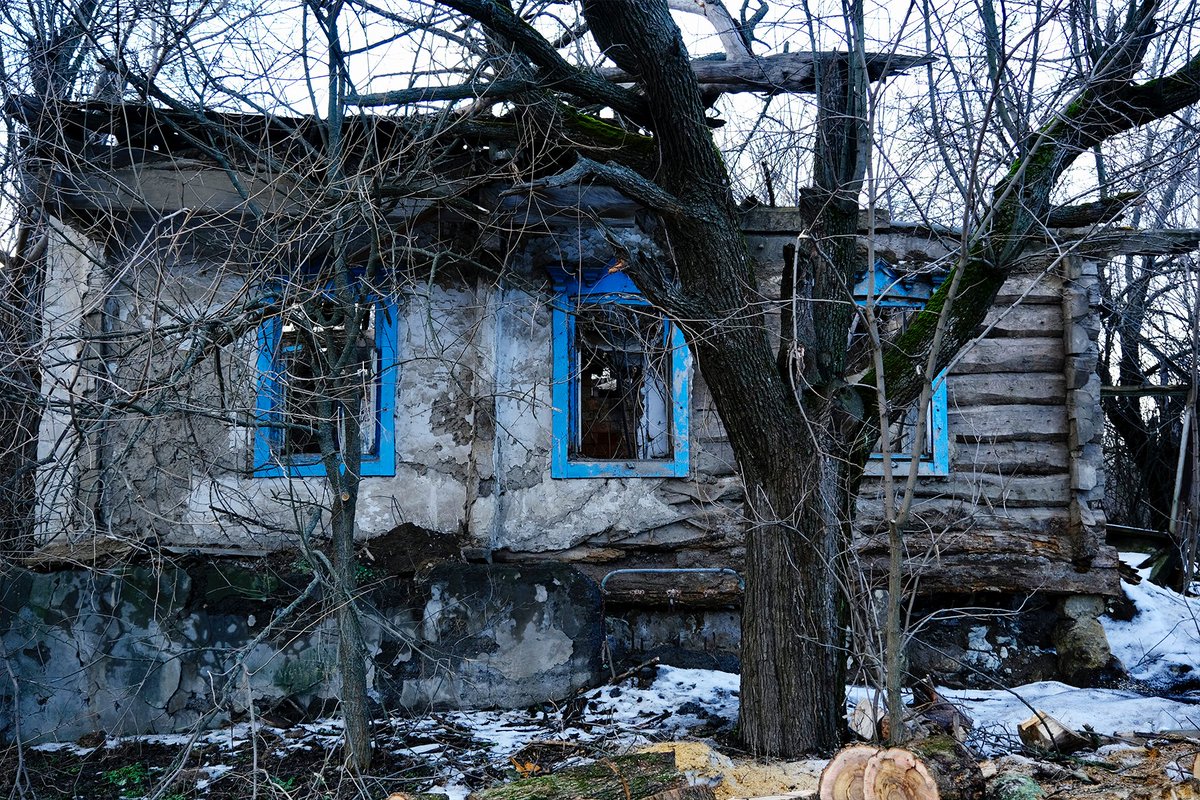
The govt will today release its detailed Levelling Up plan which will set out a blueprint to bring prosperity “to all parts” of the UK.
But research by the @NEF suggests the current agenda puts too much focus on place and not enough on people.
Here’s what the analysis shows 👇
But research by the @NEF suggests the current agenda puts too much focus on place and not enough on people.
Here’s what the analysis shows 👇
The govt hopes to increase the number of city-region mayors and offer all of England a "London-style" devolution deal.
@michaelgove told @KayBurley that the Levelling Up White Paper will help those who have been "overlooked and undervalued for years" ⏬
@michaelgove told @KayBurley that the Levelling Up White Paper will help those who have been "overlooked and undervalued for years" ⏬
But NEF chief executive Dr @Miatsf says the current plans, which prioritise place-based funding, fall short and focus too much on infrastructure.
"You need to start with the people, you need to start trying to drive up living standards", she says
"You need to start with the people, you need to start trying to drive up living standards", she says

As the UK faces a cost of living crisis, it’s important to realise that the levelling-up need isn’t just dependent on local jobs and businesses.
Energy costs are squeezing household budgets across the UK.
Take a look at Sunderland for example 👇
Energy costs are squeezing household budgets across the UK.
Take a look at Sunderland for example 👇

Since the 1980s, Sunderland has become the UK's leading hub for car production, with 20,000 manufacturing jobs.
But despite high productivity, it has considerable deprivation. Average disposable household income in 2019 was over £16,000 per person, 22% below England’s average
But despite high productivity, it has considerable deprivation. Average disposable household income in 2019 was over £16,000 per person, 22% below England’s average

There are a number of reasons why economic activity and local living standards can become disconnected.
Firstly, money made by businesses does not always flow into the local community, as it is used to pay shareholders and workers that do not live in the surrounding area
Firstly, money made by businesses does not always flow into the local community, as it is used to pay shareholders and workers that do not live in the surrounding area

More than two in five neighbourhoods in Sunderland are in the top 20% most income-deprived in England (the dark red areas), but many of them border some of the most affluent parts of the country (the dark blue areas) 

Read more about the Levelling Up White Paper 👇 news.sky.com/story/levellin…
• • •
Missing some Tweet in this thread? You can try to
force a refresh

















